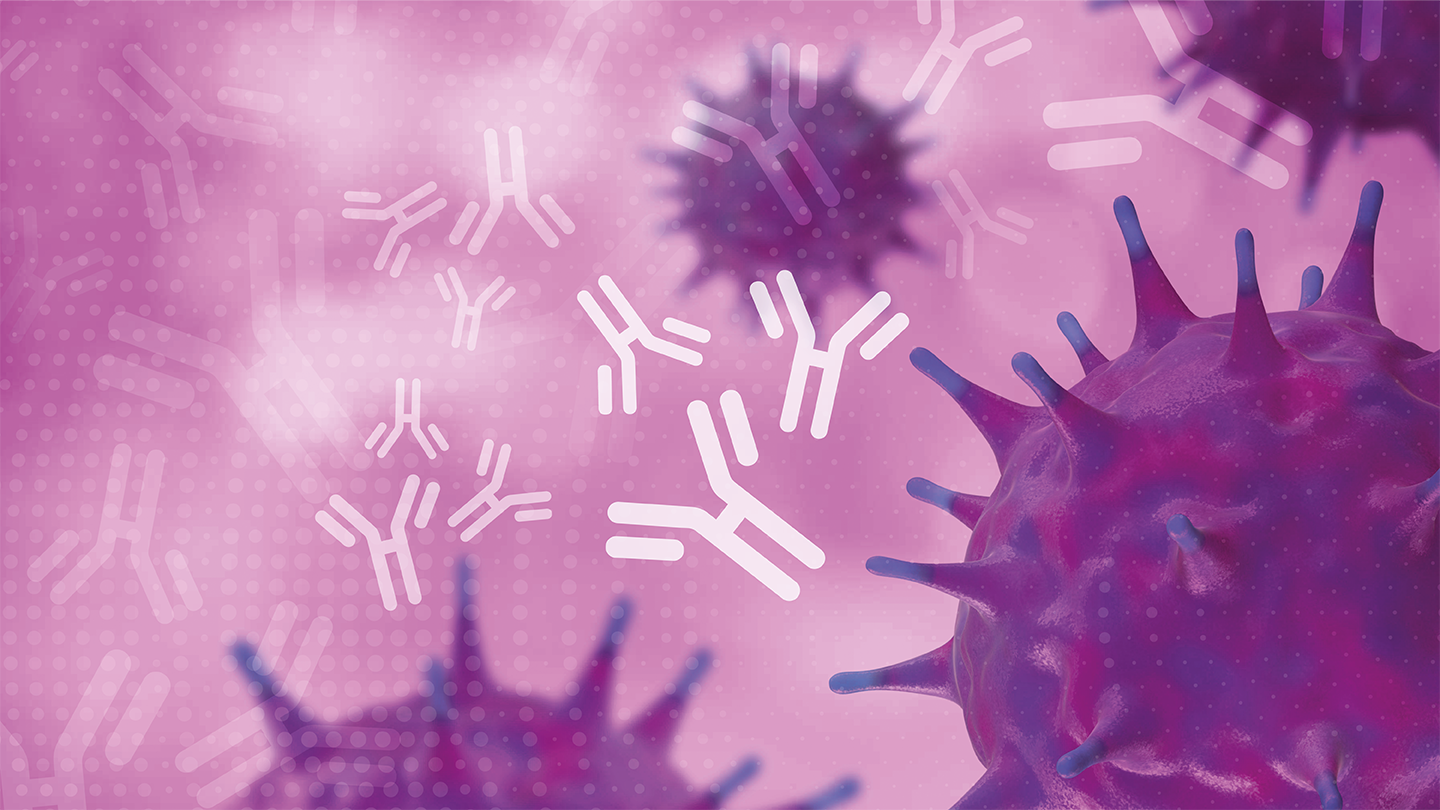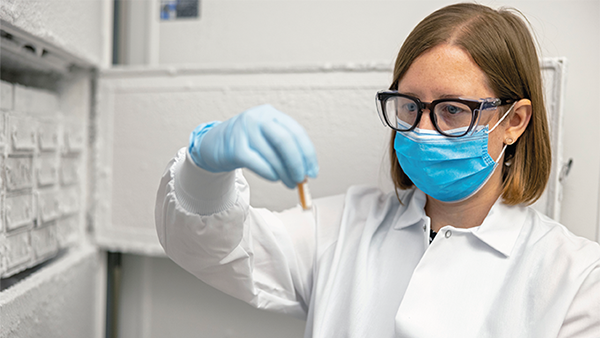Approaching AMR
Does the antimicrobial resistance threat need its own Greta Thunberg?
This year’s ESCMID Global 2024 in Barcelona, Spain, was bursting at the seams with cutting-edge research across clinical microbiology and infectious disease. However, despite innovative research, we’re still a long way off tackling drug-resistant infections.
One particularly interesting note came from Jim O’Neill, who is chairing a formal Review into antimicrobial resistance (AMR) for the UK Government. He hosted a keynote lecture with an update on the societal impact of AMR, explaining that rapid diagnostics and microbiology enhancements seem to be key in tackling drug-resistant infections on a global scale, but public awareness remains low. His recommendation in response to this challenge? “AMR needs its own Greta Thunberg”.
This is a loaded statement but, as O’Neill explained, while AMR sits on the sidelines, the impact of research advances will be limited. If these issues are discussed on the mainstream news, for example, public awareness will expand, and there will be an increased chance that policy makers will take action. Of course, scientific advances and technological progress will also play pivotal roles in identifying if and what antibiotics are needed to tackle each drug-resistant infection.
But what are officials actually doing to tackle this ever-growing problem? The UK government recently announced a five-year plan to combat AMR, which aims to build on previous progress and control AMR by 2040. An ambitious goal in the wake of a global pandemic? Well, Health Minister Maria Caulfield explains, “In a world recovering from the profound impact of the COVID-19 pandemic, international collaboration and preparedness for global health challenges have taken on an unprecedented level of importance”.
Meanwhile, the 9th Meeting of the Global Leaders Group on Antimicrobial Resistance was held in Sigtunahöjden, Sweden, to drive political momentum. One key takeaway from this gathering was the importance of environmental action in addressing the sources and drivers of AMR, which can only be achieved with multidisciplinary and unified action.
With environmental impact playing a key role, maybe O’Neill’s idea of an AMR Greta Thunberg isn’t too far off the mark. But what do you think? Are you in agreement with O’Neill and the Greta Thunburg approach? Maybe you’re working closely in this area and have a deeper understanding of the challenges and opportunities for breakthroughs. Let us know your thoughts!





